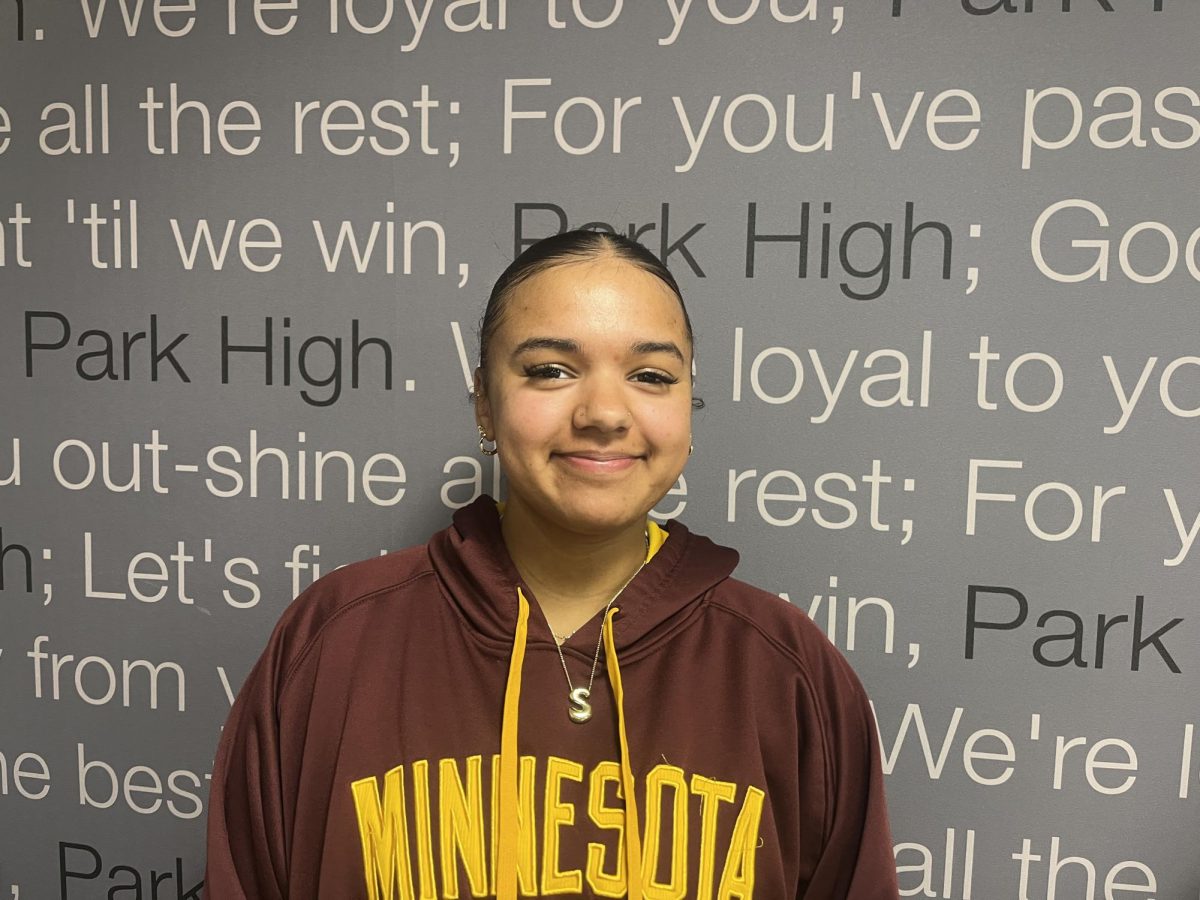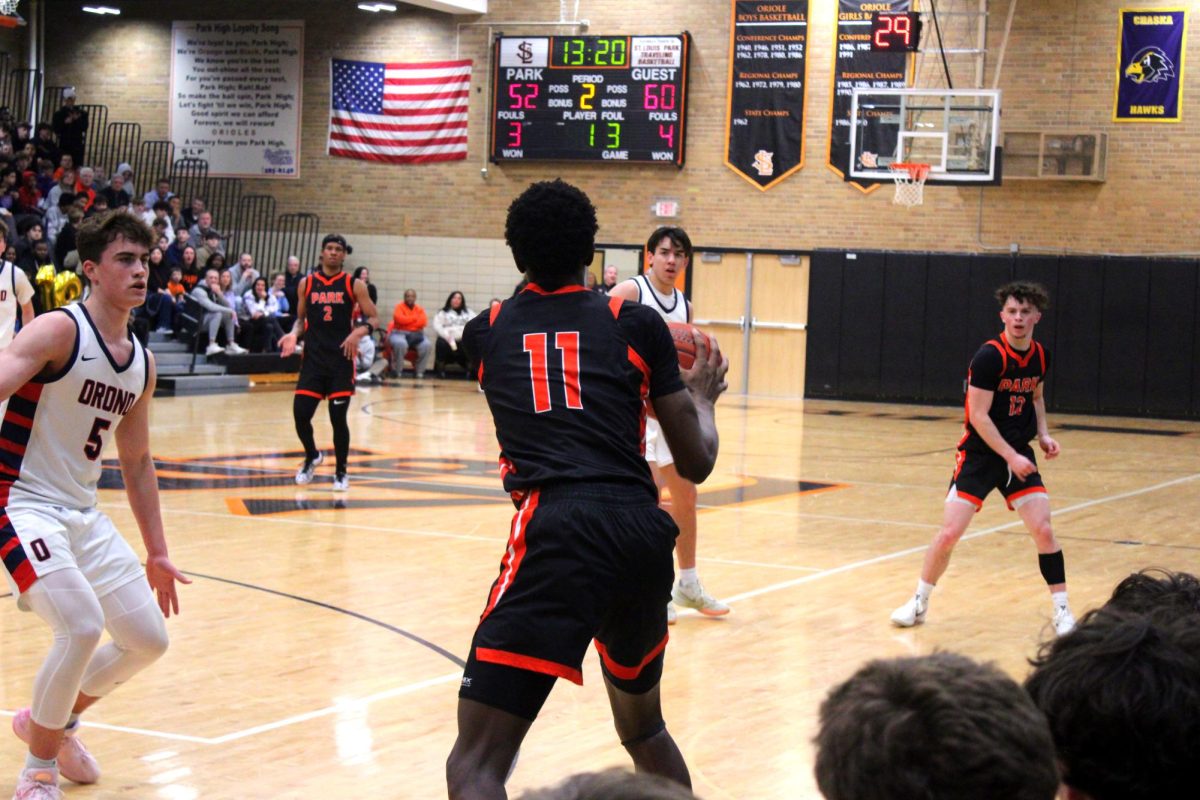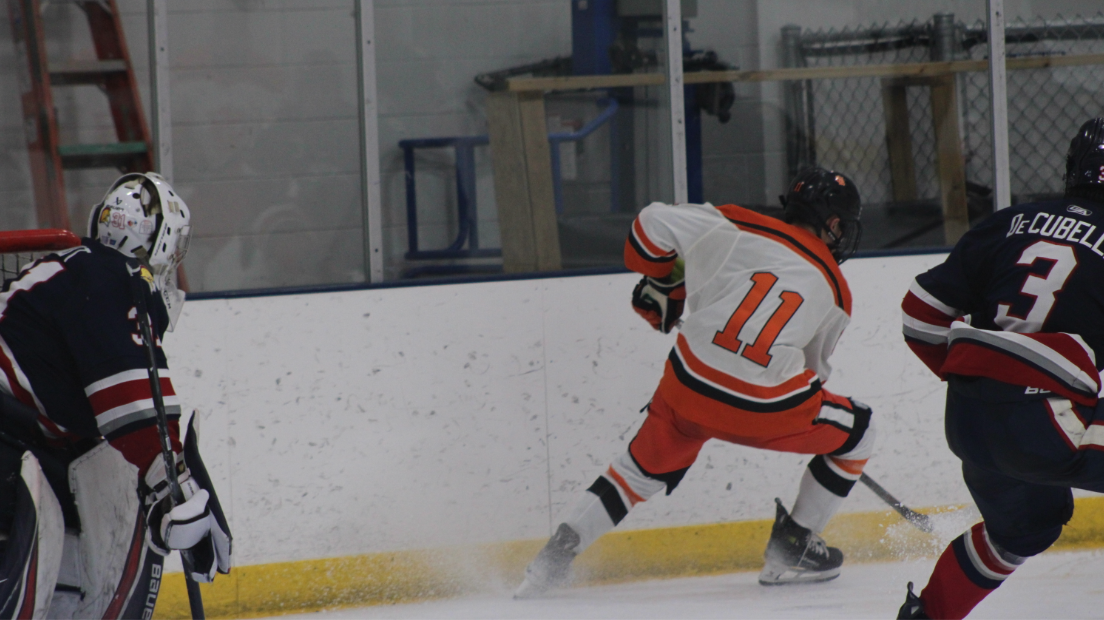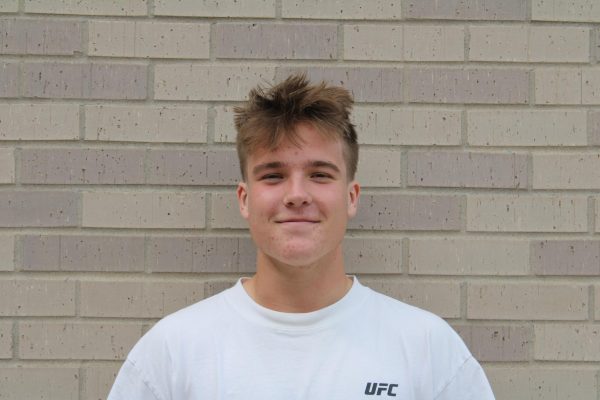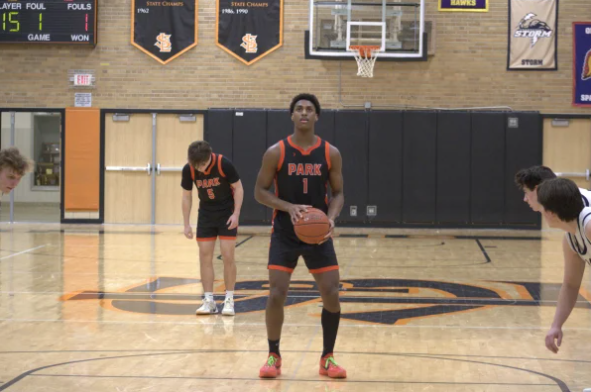
Every season before the first pitch, first snap or jump ball, a group of players is chosen to lead a team. During the season, they are set up with different tasks to help lead the team and players. Different coaches want different qualities out of their captains—it could be someone who is very vocal or someone who leads by example.
Anson Opara, boys’ soccer coach, said he looks for someone who is respected by all the players, can be trusted and has good time management. He said he wants them to be an example of how hard the team should be working.
“A couple (of) things I look for in a player is that teammates look up to them and their decisions are respected,” Opara said. “They need to be trustworthy and show up on time. They go a little above and beyond what I’m asking for, and then try to model that for other kids.”
Senior and track captain Sela Myers said she has many roles as a captain. She said her work involves arranging team events, raising money for the team and supporting her teammates.
“I organize events that we have and I help get fundraisers going,” Myers said. “Honestly, supporting the team and uplifting everyone on the track is an important role.”
Senior and track captain Lucas Tangleson said a successful captain makes sure the team feels a sense of togetherness. According to Tangelson, the team community should feel tight and a good captain will contribute to that.
“A good captain should make sure they’re connecting with everyone and make sure they’re building a good community,” Tangleson said. “They should make sure that everyone who comes in feels safe and secure.”
According to Myers, players who aren’t captains are capable of being leaders. She said players can make their case to be a future captain and it’s better to have more leaders .
“Everyone can be a leader. Captains sometimes get to do more of the stuff behind the scenes, like outside of school or practice, for example organizing things,” Myers said. “I think everybody should lead and support each other because there is going to be a need for future captains, and (the) more leaders the better.”
Opara said he thinks having a good captain is important for a team to be successful. He said captains aren’t only important for play on the field but for welding the team together, something the coach doesn’t have the ability to do.
“I would say there’s not many really, really good teams that don’t have good captains or coaches that can guide and give out ideas,” Opara said. “Having good captains allows for the team to be more organic and gets people to actually buy in and play for the team and for others.”
According to Tangleson, captainship isn’t all about one’s performance on the team, but their leadership on and off the field.
“In terms of performance or athleticism, it’s not really required for a captain to do better,” Tangleson said. “What’s expected of you is to take a lead role and make sure that everyone feels included. There’s all sorts of captains that might not be the most talented at their sport, but they’re still captains because they’re good leaders.”




